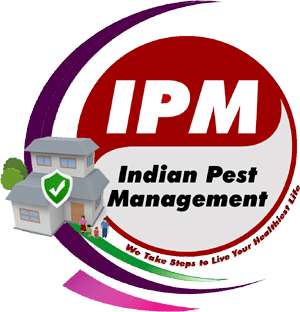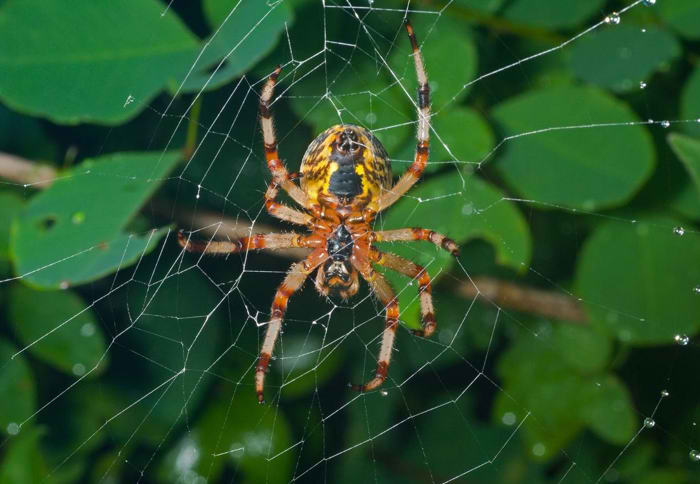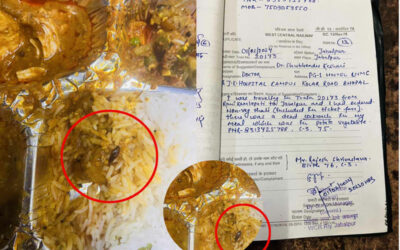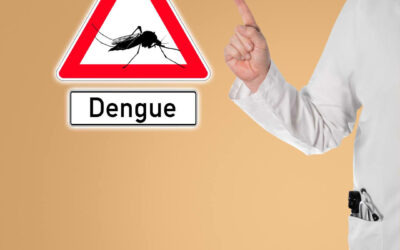Portsmouth: It might be environmentally friendly to use spider swarms to protect crops from agricultural pests (Natural Pest Control). A devastating pest moth of commercially important crops including tomatoes and potatoes may be able to be consumed worldwide by web-building spider communities, according to recent research headed by the University of Portsmouth.
Other strategies, such using natural predators like spiders, are required to control infestations since the tomato leafminer moth, Tuta absolute, has evolved a resistance to chemical insecticides, which harm people and the environment.
The tropical tent web spider, Cyrtophora citricola, forms groups, is not cannibalistic, and spins massive webs to catch prey, thus the researchers looked at using it to control pests. Several prey species, including the tiny tomato leafminer, the flightless fruit fly (Drosophila hydei), and the bigger black army fly (Hermetia illucens), were introduced to colonies of spiders with differing body sizes in experimental conditions. The larger black army flies were rarely caught by larger spiders, which created larger webs and typically collected more prey. They also readily caught and consumed tomato leafminer and fruit flies.
“Our findings suggest that tropical tent web spiders have the potential to be an effective biological control agent of flying insect pests, at least after growing to be medium-sized juveniles,” said Dr. Lena Grinsted, Senior Lecturer in Zoology in the School of Biological Sciences at the University of Portsmouth and the study’s lead author.
What Makes Spiders a Natural Pest Control?
These spiders may be more effective at biological control because they have evolved the ability to live in groups as opposed to more aggressive, solitary spiders that are more likely to engage in cannibalism.
Spiders with vast surface areas of capture webs capable of stopping high frequencies of flying insects can construct groups of hundreds or even thousands of interconnected webs. Some spider species use spider colonies as a substrate, which increases the number of predators and, maybe unintentionally, the ability of colonies to capture problem insects. By extending the ranges of their habitable environments, invasive pest species of agricultural crops, like the tomato leafminer, are becoming more widespread as a result of climate change brought on by human overpopulation and reliance on fossil fuels.
The range of tropical tent web spiders, which live in colonies all over the world and share it with moth-infested areas like Mediterranean Europe, Africa, Asia, and the Middle East, might be substantially improved by this sustainable farming method. Also, because these spiders are already present in these areas, the introduction of pest management spiders won’t likely cause much harm to the local biodiversity.
Further research into the seasonal fluctuations in web sizes in southern Spain led the researchers to the conclusion that May and June, during the tomato planting and growing season, would be the best months for pest control.
They did discover that a wasp species (Philolema palanichamyi) that is local and whose larvae consume spider eggs might be harmful to the spider colony. The scientists discovered that fewer than half of the spider egg sacs had any surviving spiderlings.
“If wasp infestations are controlled, these spiders could constitute a vital part of an integrated pest management system,” Dr. Grinsted continued. Further research is required to determine whether spiders may adversely affect crop pollination by also collecting and eating bees and other important pollinators.






